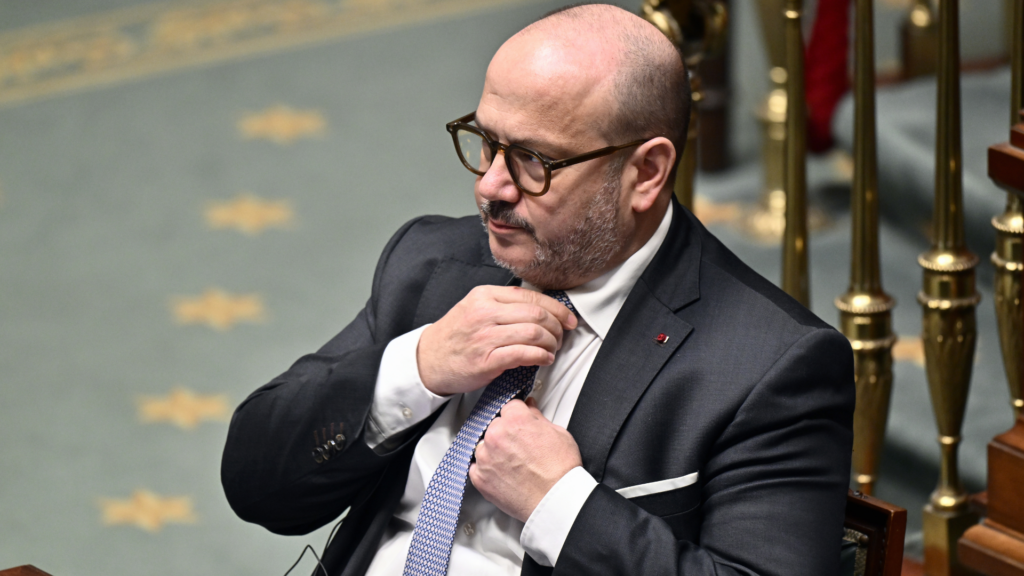Belgium's Interior Minister Bernard Quintin (MR) has finalised his plan to merge the six Brussels police zones. The plan was explained to the Brussels mayors on Tuesday morning.
Quintin, who is tasked with overseeing the operation, proposes a central police command led by a single chief of police. This officer will make operational decisions in consultation with the judiciary and the police council.
The police council will include the 19 mayors of Brussels and the Minister-President of the Brussels region. "The role of the mayors remains crucial," Quintin stated in a note. "They will jointly decide on the deployment of police across the territory, ensuring fair and balanced representation for all municipalities."
Specifically, a royal decree will be issued with minimum standards to determine the number of community police officers and police stations per municipality. The opening hours will be tailored to the needs of the municipality.
The minister wants a separate metropolitan police force for the Brussels metro, which is currently under the jurisdiction of the federal railway police. This would also fall under the authority of the unified zone.
The mandatory merger plans have met with resistance from mayors in recent months, who fear that community policing and the proximity of the police will be compromised. Furthermore, they state that the region is already switching to a command unit for exceptional events. This happened recently in response to a series of shootings in Anderlecht and Saint-Josse-ten-Noode, and such a structure is also planned for New Year's Eve.
Related News
- Brussels police zones: Where they come from and what they can do for you
- Mayors and mergers: Why are they so against a centralised Brussels police force?
- Police unions submit strike notice for end of April
Nonetheless, the minister aims for a draft law to be approved by the end of 2025, so the unified Brussels police zone can be established next year. The new structure should be fully operational by 2027.
The plan includes new funding measures. The so-called KUL standard, which allocates federal resources to local zones and dates back to the 1990s, will be reformed to meet the needs of Brussels' growing population.
The Federal Government will also assume the debts of the Brussels police zones, and the current merger bonuses will be revised upwards.

